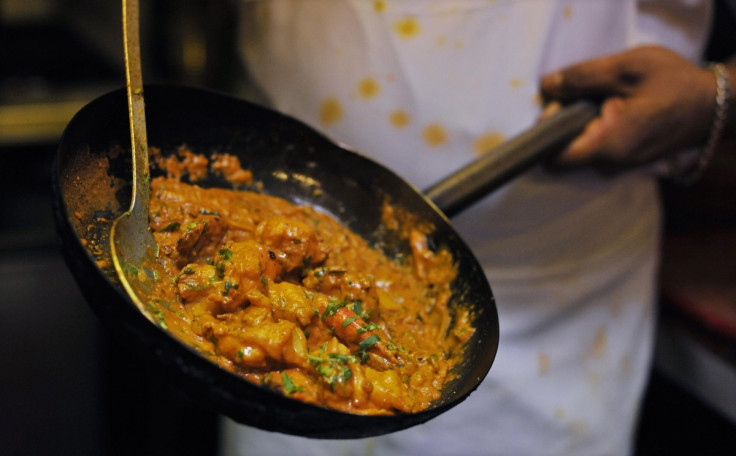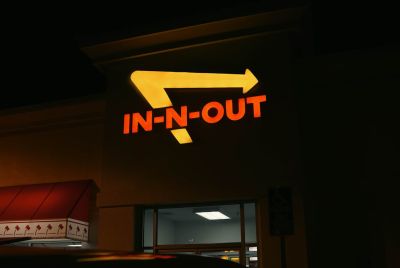Curry restaurants in UK on verge of extinction as tighter immigration rules force many to shut down

As tighter immigration rules deepen the shortage of Asian chefs in curry restaurants leading to their closures, restaurateurs are urging the government to relax the rules to enable them to temporarily fly in chefs from Asian countries.
Shortage of skilled chefs in the curry restaurants has negatively impacted their services and hampered their growth over the past few years. In the last 18 months, about 600 curry restaurants have shut down, with another 4,000 — accounting for about one-third of the industry — on the verge of closure, The Guardian reported.
A sector-based visa scheme that was applicable until 2005 allowed curry restaurant owners to bring in skilled staff from outside the UK. The scheme was closed after allegations emerged that immigrants were misusing the scheme to settle down in the country permanently. The current immigration rules require restaurateurs to pay a minimum of £29,570 ($42,591), after deductions for accommodation and meals, to a chef hired from outside the country, which most curry restaurants find unaffordable.
Imam Uddin, president of the Guild of Bangladeshi Restaurateurs in Staffordshire, was quoted by the paper as saying that one to two Indian restaurants are closing down every week in the West Midlands. He added that many restaurants are up for sale "but nobody's buying" them. "It's pretty bad. They can't deliver the service they intend to, which ultimately leads to under-trading and, eventually, closure," he pointed out.
In order to deal with the crisis, a group of restaurateurs led by the British Curry Awards founder Enam Ali have submitted a 75-page document to Prime Minister David Cameron, home secretary Theresa May, employment minister Priti Patel and business secretary Sajid Javid.
The document, seen by the newspaper, proposes "a tightly controlled, temporary work visa scheme" for a maximum of one-year term "with no right of return, no chance of residency or out-of-work benefits".
"Employment would be restricted to the sponsoring restaurant only and would require the employer to provide private health insurance. The employee's dependents could not be brought to the UK and this means there would be no burden whatever on the welfare state or the British taxpayer. This type of short-term visa is similar to those used in the USA, Germany and the Middle East," the document read.
Ali warned that if the government failed to meet their demands, it would show in the election results. "People right across the country are angry about this — and the Asian community will very genuinely show that at the ballot box," he reportedly said.
A Home Office spokesperson reportedly admitted to the shortage of skilled cooks but added that the country wants "to nurture more home-grown talent and encourage young people in this country who want to pursue a skilled career".
"The industry is starting to make progress in this area, recruiting and training more chefs in the UK, and this needs to continue," the spokesperson was quoted as saying.
Jalf Ali, who pioneered Indian street food in the UK and owns two restaurants in Newcastle, shared his experience of training a Slovakian chef, who even after four-and-a-half years manages to marinate tandoori dishes and make bread. "I would never think about opening another restaurant because what's the point? I can't build the team," he added.
© Copyright IBTimes 2025. All rights reserved.





















